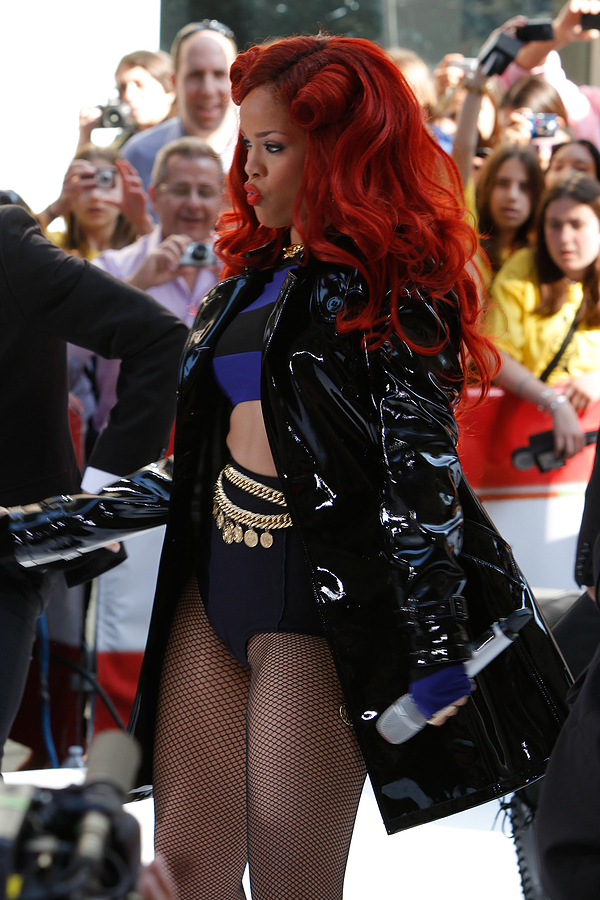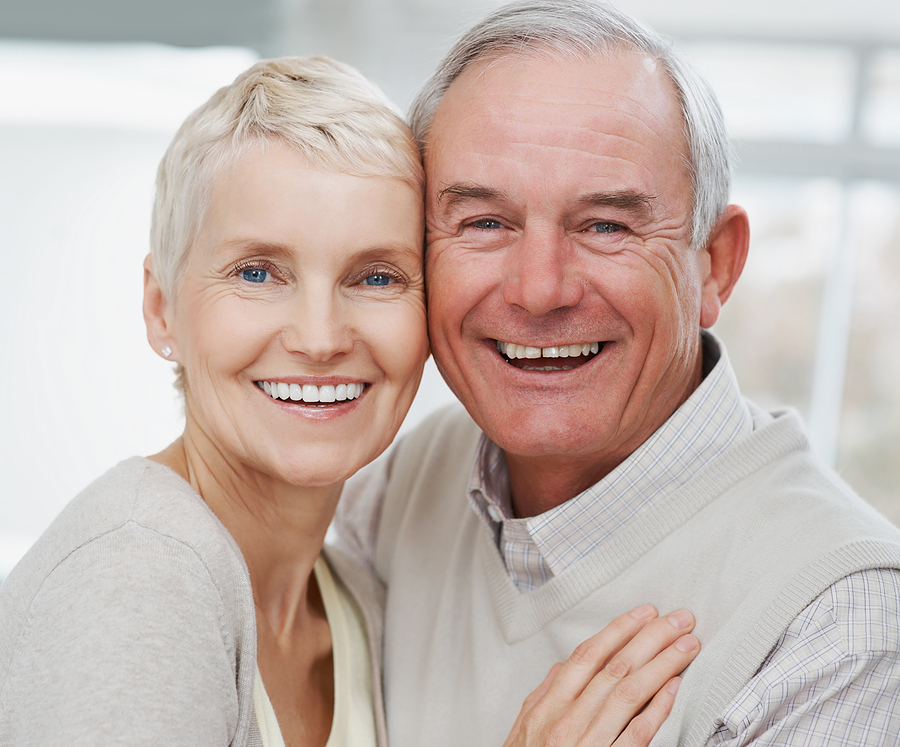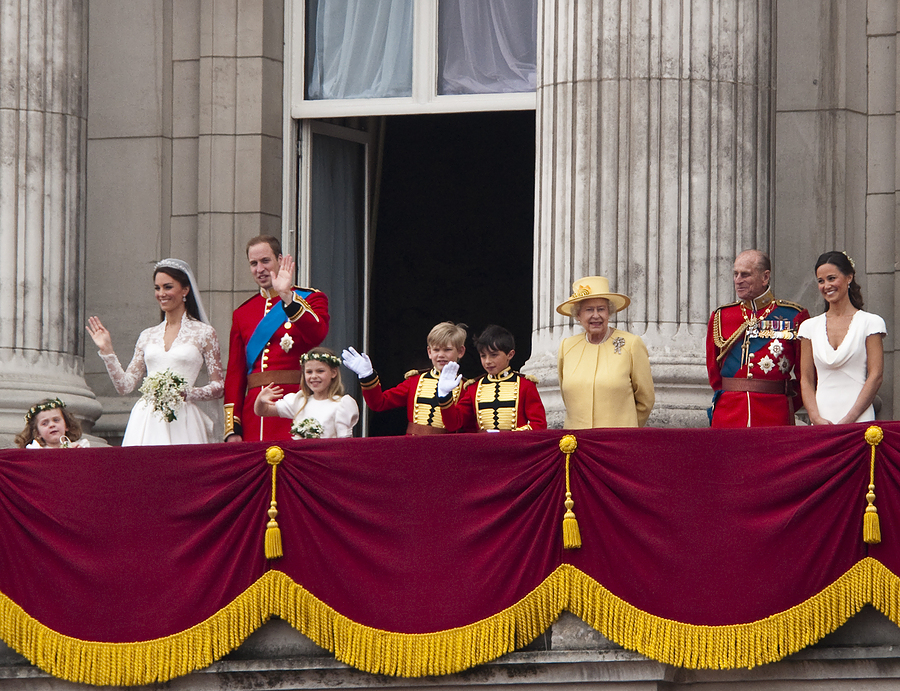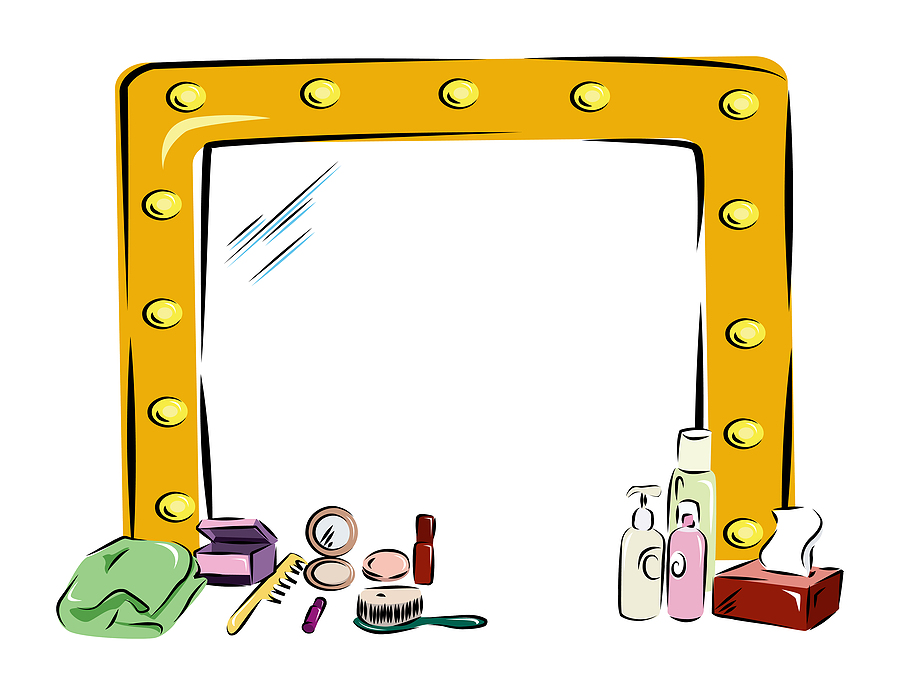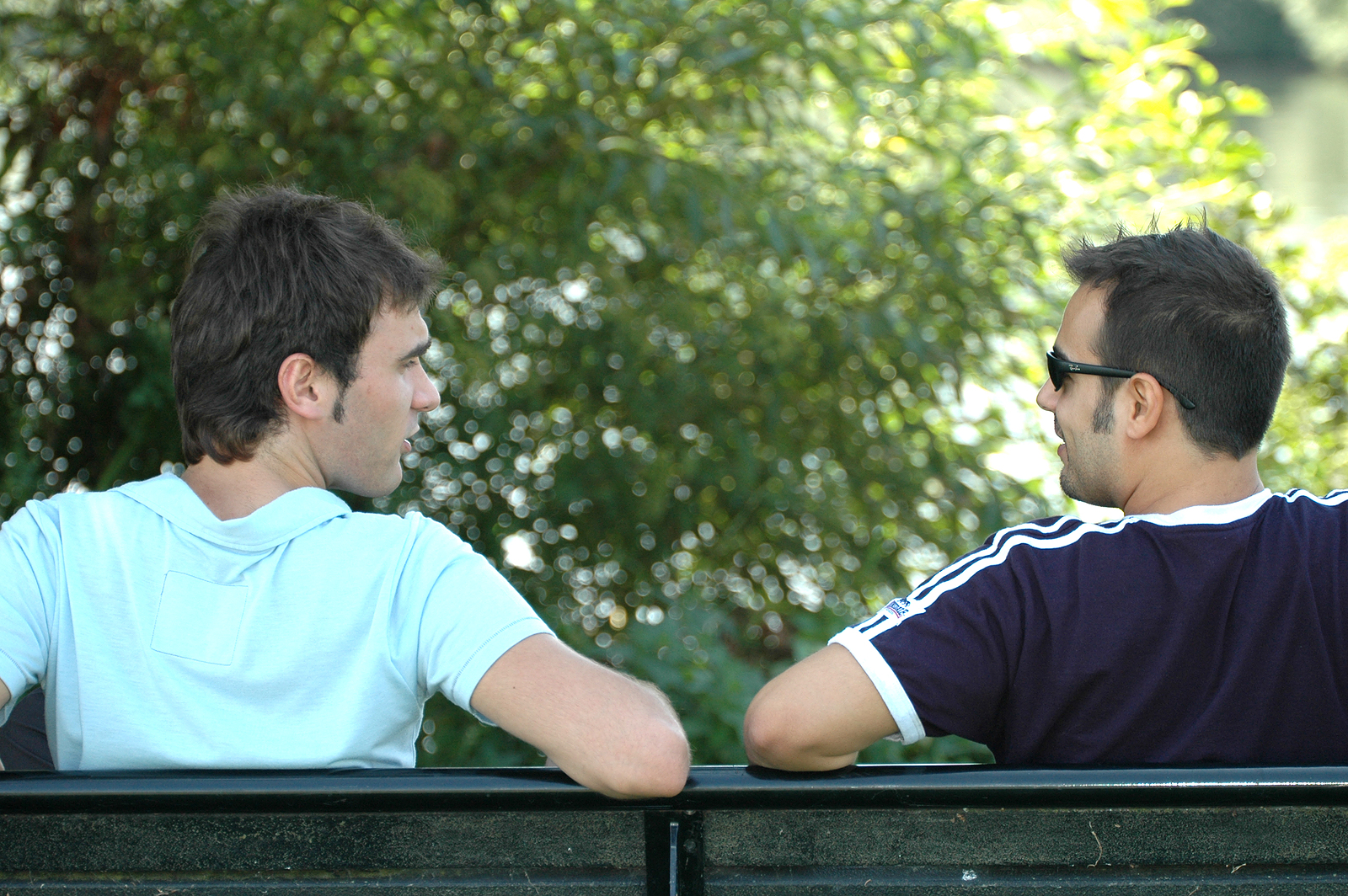
Body Image
The term body image dates back to the year 1935 and has been the topic of much debate, especially in the last decade. It is a term used to describe a person’s perception of their body, aesthetics and sometimes their sexual attractiveness. A person’s body image is thought to be largely determined by their own sense of their appearance, combined with environmental and social factors, cultural and societal influences.
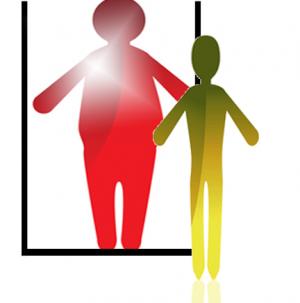 Body image is an issue that affects both men and women and depending largely on cultural expectations, determines the desired image the sexes will be drawn to achieve. In western men this is commonly seen as a more muscular body and in women, thinner figures.
Body image is an issue that affects both men and women and depending largely on cultural expectations, determines the desired image the sexes will be drawn to achieve. In western men this is commonly seen as a more muscular body and in women, thinner figures.
The media and body image
Body image and the media has been a hot topic and much debated, with many campaigners hitting out at the over-sexualised imagery we are exposed to. This debate has led to discussions about the role of a negative body image in the development of eating disorder and is almost certainly linked to issues around low self-esteem and a low “Body Confidence”. Several reports published in recent years show the rising level of people concerned with their appearance, with the media ranking high in surveys as a major influence in how they rate their appearance.
This has led to talk of a “body ideal” which is largely determined by societal expectations of how people are led to feel they should look and constant “self-improvement” advertising we are all exposed to. This debate has in previous years extended to music videos, television, teen magazines and the fashion and diet industries.
Body dissatisfaction
Recent surveys show men and women everywhere are showing increasing levels of body dissatisfaction. Body dissatisfaction is best described as a dislike or worry about your body, or a part of it. Most people at some point will engage in negative talk about their bodies, or the body of someone else, which has been attributed in part to the development of dissatisfaction.
Body Confidence
There is a growing movement around body confidence, which is the opposite of dissatisfaction, instead it is being happy and content with your body. It is often seen as making a commitment to having a healthy relationship with your body, treating it with respect and appreciating it for the beauty it holds.
Body Dysmorphic Disorder
Body Dissatisfaction is not officially recognised as an issue, although it is commonplace. There are disorders which arise from Body Image, including Body Dysmorphic Disorder (BDD) aka Body Dysmorphia. Please see our article on Body Dysmorphia for more information on this condition.
Maintaining a positive body image
A positive body image has a massive beneficial effect on life, including an increase in self-esteem, confidence and many people reporting a generally happier outlook and more success in their lives. The key points to body confidents are;
- Learning to accept your body
- Learning to be able to talk about your body, steering the conversation away from negative talk people often engage in
- Accepting that every body is unique and that is what makes us beautiful
Several campaigns including the UK campaign body gossip actively advocate a positive body image. One of their campaigns ‘Gossip School’ sees school aged teenagers educated in the effects of an increased self-esteem and self-worth while 'Operation beautiful' sees people writing 'body positive' quotes about themselves on post-it notes. Famous figures such as Gok Wan actively endorse body confidence, with programmes such as how to look good naked concentrating on the benefits of ‘loving your body’.
The most important thing around body image is that it has nothing to do with how you look, but how you feel about the way you look and how you embrace and accept your own body.
If you feel you would benefit from seeing a counsellor please visit our counselling directory.
Related Guides


















